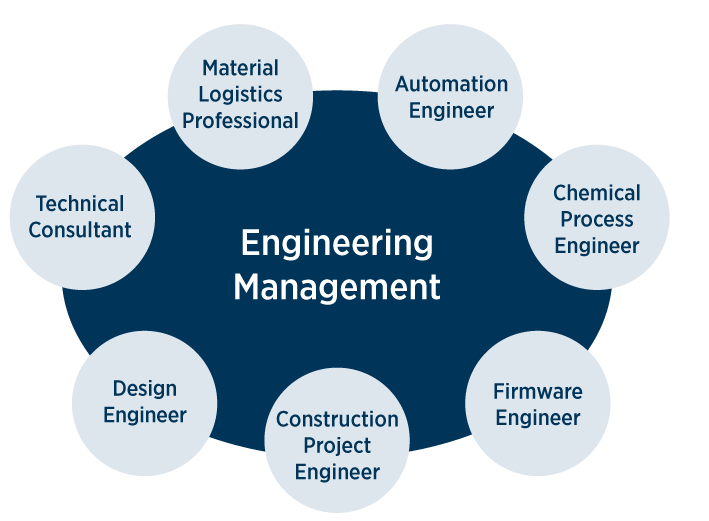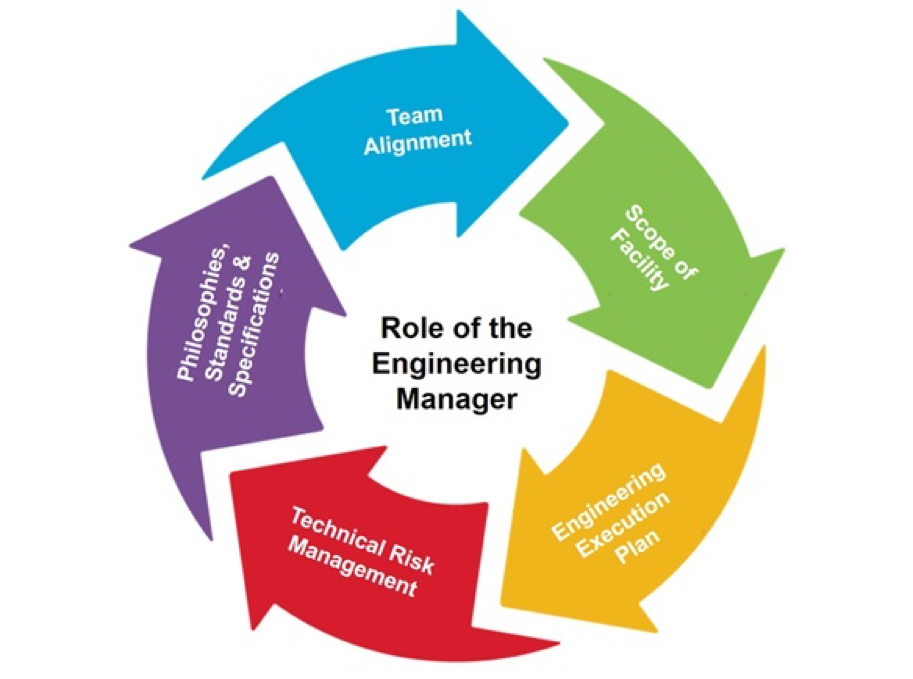
A Master of Engineering (M.Eng) is a postgraduate academic degree that focuses on advanced study in engineering and technology. The program is designed to provide engineers with an opportunity to enhance their technical and managerial skills, deepen their knowledge in a specific engineering field, and prepare for leadership roles in industry. Here are some key features and reasons why someone might choose to pursue a Master of Engineering:
1. Duration:
M.Eng programs typically last for one to two years, depending on the country and the specific institution.
2. Professional Focus:
M.Eng programs are often more professionally oriented than research-focused. They aim to equip engineers with the practical skills and knowledge needed for real-world applications in industry.
3. Advanced Specializations:
M.Eng programs often offer a range of specializations, allowing students to focus on specific engineering disciplines such as electrical engineering, civil engineering, mechanical engineering, chemical engineering, etc.
4. Industry-Relevant Curriculum:
The curriculum is designed to be directly applicable to industry needs. It often includes coursework in advanced engineering principles, project management, leadership, and sometimes business or entrepreneurship.
5. Capstone Projects:
Many M.Eng programs include a capstone project or a practical component where students work on real-world engineering challenges. This hands-on experience helps bridge the gap between theoretical knowledge and practical application.
6. Professional Development:
M.Eng programs aim to enhance both technical and non-technical skills, preparing engineers for leadership and management roles. This includes communication skills, project management, and teamwork.
7. Career Advancement:
Completing an M.Eng can enhance career prospects and open doors to higher-level positions within the engineering industry. It is often seen as a pathway for career advancement and increased earning potential.
8. Global Opportunities:
The skills and knowledge gained in an M.Eng program are often transferable globally, allowing graduates to pursue opportunities in various countries and work on international projects.
9. Networking Opportunities:
M.Eng programs provide opportunities for networking with professionals, industry experts, and fellow students. Building a professional network can be beneficial for future collaborations and career growth.
10. Preparation for Professional Engineering Licensure:
In some regions, an M.Eng degree can contribute to the educational requirements for obtaining a Professional Engineer (P.E.) license, which is often a requirement for certain engineering roles.
Before enrolling in an M.Eng program, individuals should carefully research the specific program offerings, faculty expertise, and potential career pathways associated with their chosen specialization. Additionally, it's important to consider the program's accreditation and its alignment with personal and professional goals.


Why Choose Master of Engineering (M.Eng):
Choosing to pursue a Master of Engineering (M.Eng) degree can provide several benefits for individuals in the engineering profession. Here are some reasons why someone might choose to pursue an M.Eng:
1. Professional Advancement:
An M.Eng is often seen as a pathway for professional advancement within the engineering field. It can open doors to higher-level positions, leadership roles, and increased responsibilities in the workplace.
2. Specialization:
M.Eng programs offer the opportunity to specialize in a specific engineering discipline. This allows individuals to deepen their knowledge and expertise in areas such as electrical engineering, mechanical engineering, civil engineering, chemical engineering, and more.
3. Advanced Technical Skills:
The program provides advanced coursework that goes beyond the undergraduate level, enhancing technical skills and knowledge. This can include exposure to cutting-edge technologies, methodologies, and industry best practices.
4. Project Management Skills:
Many M.Eng programs include coursework in project management, preparing engineers to effectively lead and manage engineering projects. This is valuable for those seeking leadership roles in industry.
5. Research Opportunities:
While M.Eng programs are generally more focused on professional practice than research, some programs may offer research opportunities or capstone projects that allow students to apply their knowledge to real-world engineering challenges.
6. Networking Opportunities:
M.Eng programs provide opportunities to connect with professionals, industry experts, and fellow students. Networking can be invaluable for building connections, staying informed about industry trends, and exploring potential career opportunities.
7. Global Opportunities:
The skills and knowledge gained in an M.Eng program are often transferable internationally, enabling graduates to pursue opportunities on a global scale. This can be particularly appealing for those interested in working on international projects or in different regions.
8. Preparation for Professional Licensure:
In some regions, an M.Eng degree can contribute to the educational requirements for obtaining a Professional Engineer (P.E.) license. This licensure is often a requirement for certain engineering roles and is recognized as a mark of professional competence.
9. Interdisciplinary Exposure:
Some M.Eng programs may offer interdisciplinary coursework, allowing engineers to gain exposure to multiple engineering disciplines. This can be beneficial in addressing complex engineering challenges that require a multidisciplinary approach.
10. Enhanced Problem-Solving Skills:
The advanced coursework and practical experiences in an M.Eng program contribute to the development of critical thinking and problem-solving skills. Graduates are better equipped to tackle complex engineering problems in their professional careers.
Before choosing an M.Eng program, individuals should carefully research and consider the specific offerings of different programs, including curriculum, faculty expertise, industry connections, and potential for practical experience. It's important to align the program with personal career goals and the specific engineering discipline of interest.
